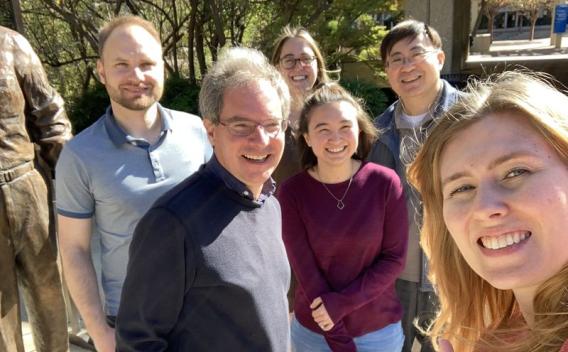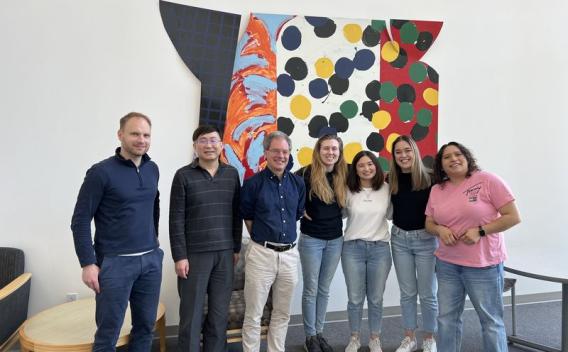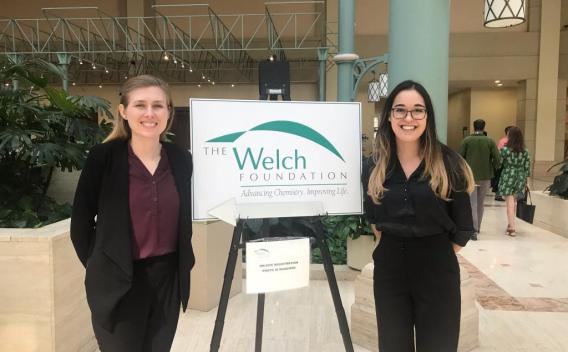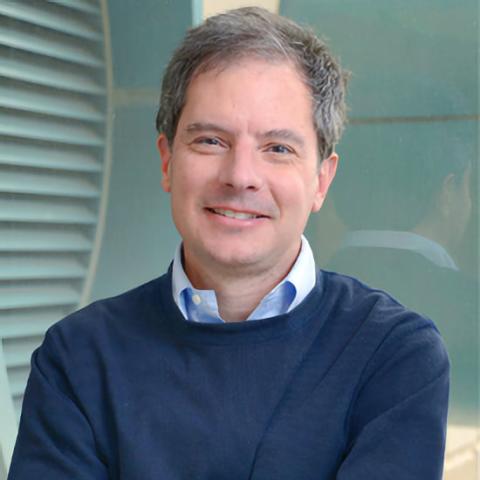Research
We are a bunch of scientists excited about nucleic acid therapeutics and RNA biology. We use a variety of state-of-art techniques, including next-generation sequencing, live cell imaging, and gene editing.
We use nucleic acids or nucleic acid mimics to explore important cellular processes and to develop novel therapeutic tools and strategies.
Join Our Lab
The Corey Lab is looking for highly motivated graduate students and postdocs to join the team.
Explore Opportunities
Meet the Team
We are a bunch of scientists excited about nucleic acid therapeutics and RNA biology. We use a variety of state-of-art techniques, including next-generation sequencing, live cell imaging, and gene editing.
See Lab Members & Alumni
Collaborate with Us
Interested in our research? Get in touch to learn more or find out ways to collaborate.
Get in Touch
Meet the Principal Investigator

David R. Corey, Ph.D.
Dr. Corey joined the UT Southwestern Pharmacology Department in 1992. He was promoted to Associate Professor with tenure in 1998 and Full Professor in 2003. In 2014, he was named the Rusty Kelley Professor of Medical Sciences. He is also a member of the Department of Biochemistry and the Simmons Cancer Center.
Dr. Corey is an the President of the Oligonucleotide Therapeutics Society. He is also Executive Editor for Nucleic Acids Research (responsible for handling 250 manuscript per year) and is on the Editorial Board of Molecular Therapy Nucleic Acids, and Oligonucleotide Therapeutics. He is the author of more than 215 peer-reviewed papers and book chapters. He holds twelve approved patents. Dr. Corey has received funding from, among other sources, the Welch Foundation, NIH, the McKnight Award for Neuroscience Research, the American Heart Association, the Cure Huntington Disease Initiative, and Freidreich's Ataxia Association. Dr. Corey has mentored dozens of technicians, graduate students, postdoctoral fellows, and visiting scientists. Almost all scientists who have worked in the Corey Laboratory have left the laboratory with at least one (and in many cases several) first author publications. The laboratory always has openings for scientists who want to learn.